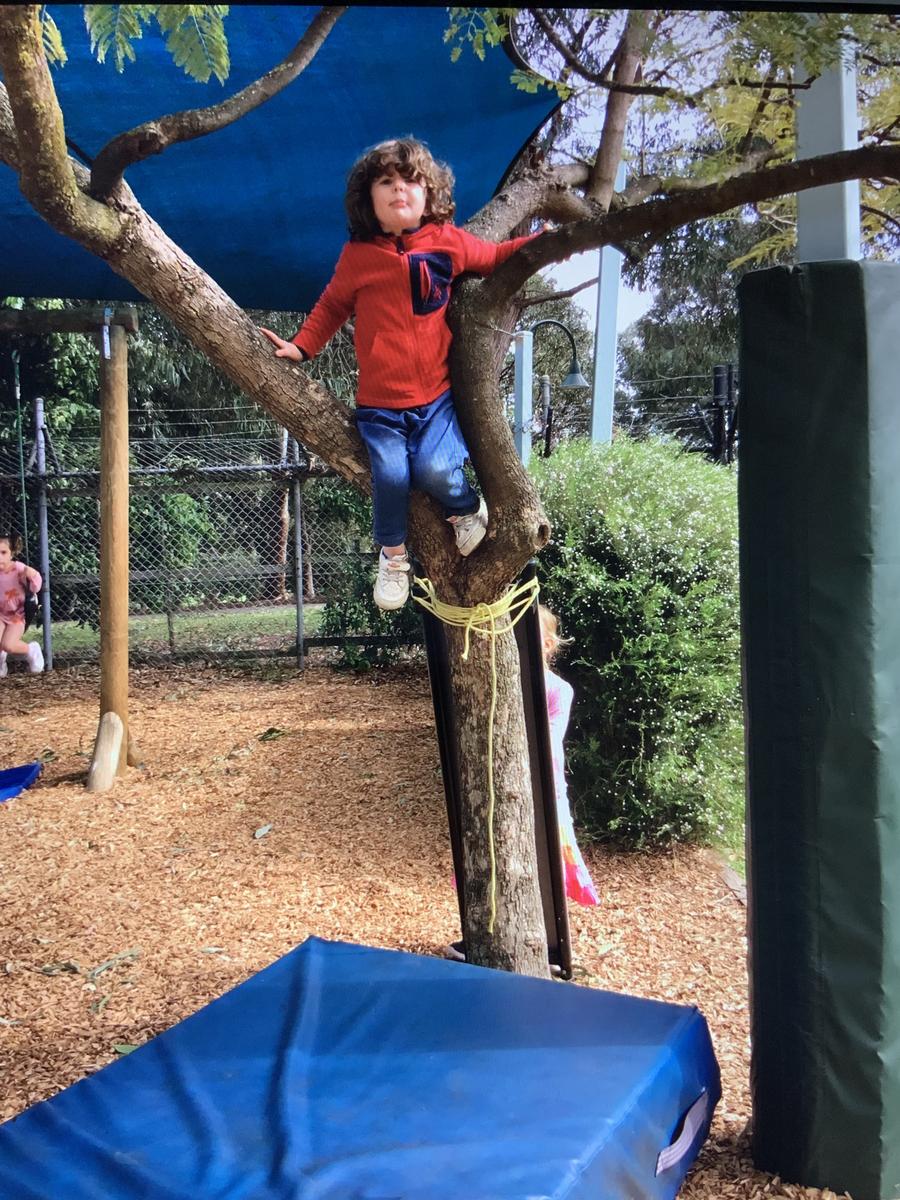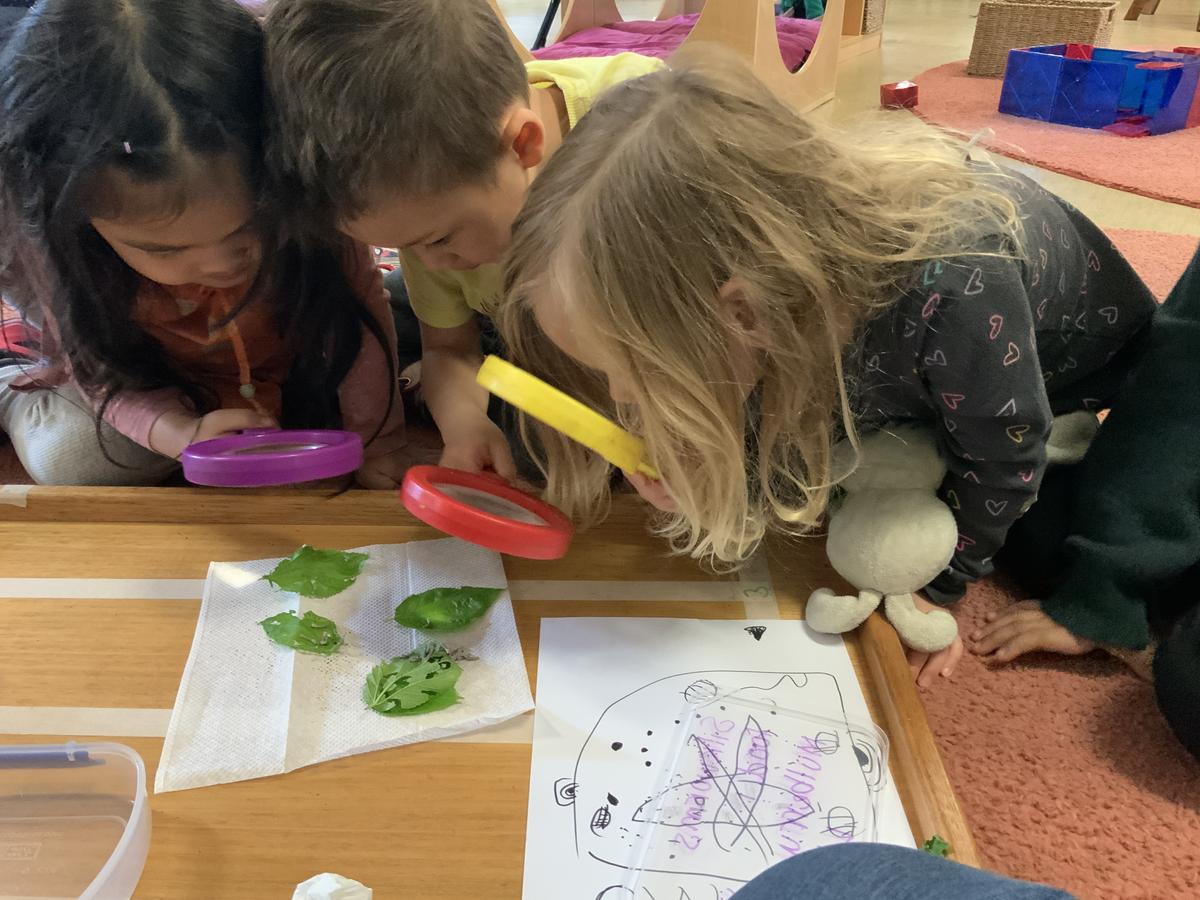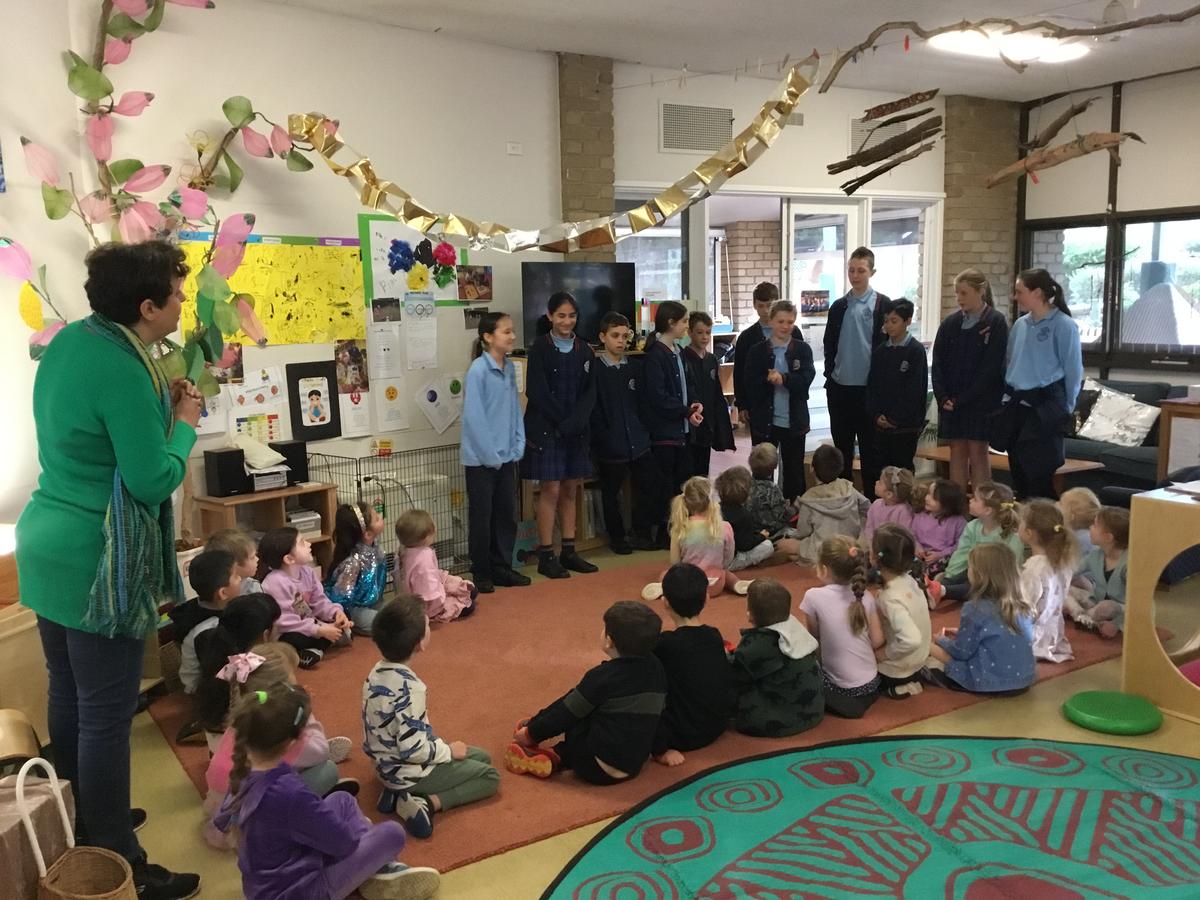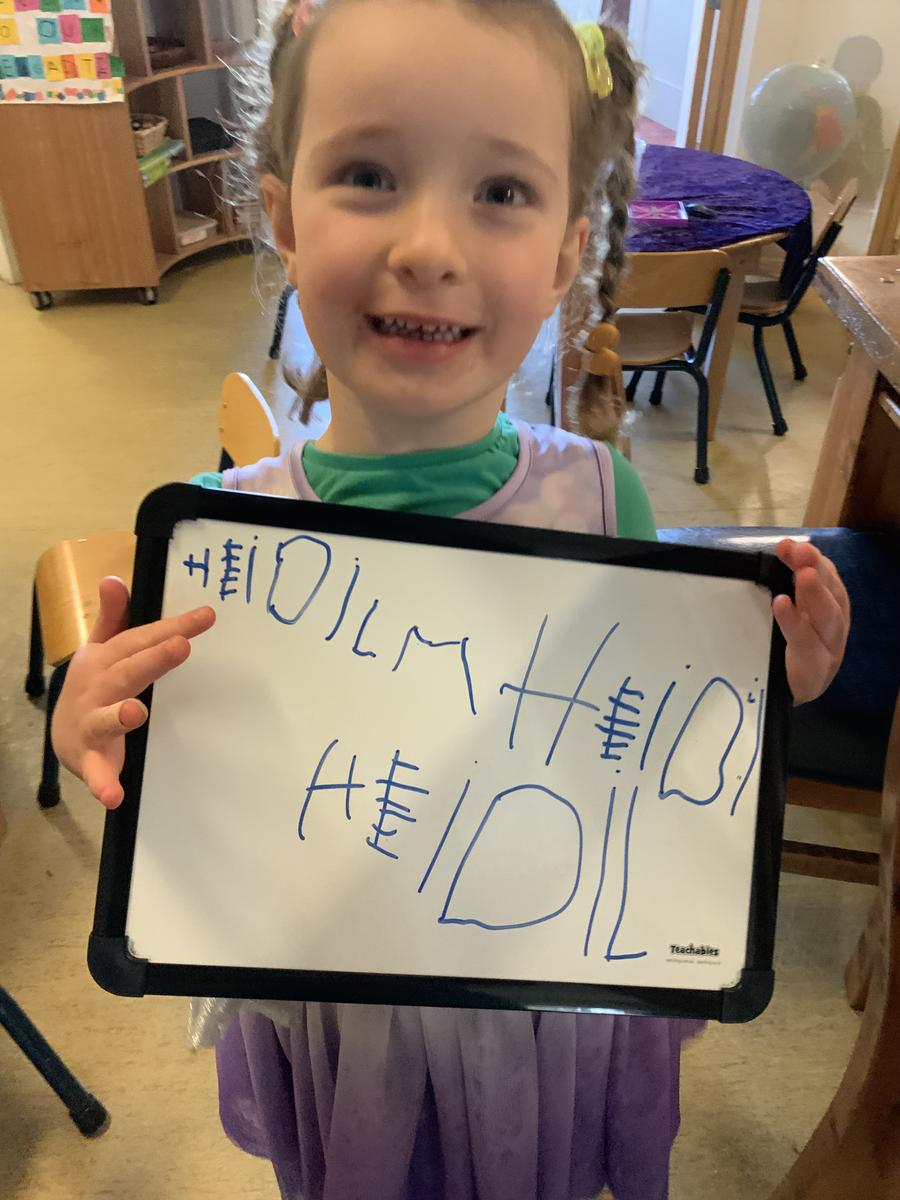Glen Education Bentleigh

Transition to school
By Fiammetta Soazzi, Early Childhood Educator
Transition is the process of supporting continuity of learning for a child moving from early childhood to school. This process involves all aspects of development and fosters learning among all areas —from identity to learning, communication, and well-being.
At Glen Bentleigh Kindergarten, children engage in meaningful learning experiences and contribute with aspects of the routine that will ultimately support them through their transition.
We incorporate various intentional teaching strategies into our program to encourage children to be confident, capable, and independent, promoting a positive transition to school.
These are:
Incorporating children’s voices into planning:
Using the feedback and ideas shared by children to inform and shape our teaching practices and curriculum planning. This gives children the opportunity to feel valued members of their learning community, fostering confidence and helping them be strong agents of their learning journey.
Empowering children to be independent:
Our program, from the beginning of the year, focuses on developing or mastering self-help skills such us toileting, dressing (when getting changed), accessing their lunch box and looking after their personal belongings.
Developing resilience and becoming strong in their sense of wellbeing:
Through our learning program, children are supported to become strong in their mental and emotional wellbeing, developing skills for emotional regulation, advocate for themselves and show kindness to others (e.g. zones of regulation, body safety program, positive affirmations). This is helping children work towards self-acceptance, develop a ‘can-do’ attitude and achieve goals.
Risky Play, like climbing and jumping from a tree in our yard:Children gain the skills and confidence they need to handle risks and challenges by themselves, experiencing a sense of freedom, adventure, and self-discovery. Risky play gives them also the opportunity to experience the repetition of process to master a skill.
Promoting inquisitiveness and resourcefulness: Our “veggie garden” project, “silkworm observation,” and “National Bird Counting” learning experiences have fostered a sense of wonder, while encouraging children to expand their knowledge, curiosity, share ideas, and collaborate in groups.
Partnership with local primary schools:Visiting the school and welcoming children from grade 6 into our kindergarten has helped children ease any anxieties about their transition to school, fostering a sense of belonging and connection to our local community.
Acknowledging individual learning stages, levels and needs:Educators offer challenging experiences and interactions that foster high-level thinking skills.
Literacy and numeracy within our kindergarten setting includes music, movement, dance, storytelling, visual art, media and drama, as well as talking, reading, writing and numeracy.
We have been watching the children’s emergency interest in literacy and numeracy develop. The children have been observed making their marks, enjoying the writing of their names, reading to each other, making signs, helping each other with their spelling and making letter sound and using the corresponding cued articulation sign. Following children’s interests, educators offer experiences responding to sensory, numeracy, and literacy needs.
School Readiness Fund (SRF) coaching:
Our educational team has been supported by Glen Education with regular visits from SRF coaching. These experts have provided advice on programming and have supported our reflection regarding transitions to ensure it is woven through the curriculum from the get-go.
Transition Learning and Development Statements (TLDS):
Every child going to school has a TLDS developed in collaboration with their parents, and includes a summary of their learning, each child’s view on school and outlines main teaching strategies that Prep teachers could implement to support the continuity of learning.
By integrating these approaches, we aim to support each child’s learning journey, building the foundations supportive of a transition to school with confidence and enthusiasm.
Now, in Term 4, children going to school the following year are beginning to take part in the “transition/orientation program” at their future primary schools, attending weekly visits for a few hours with or without parents to become familiar with the new environment.
Educators at Glen Bentleigh Kindergarten focus on talking positively and openly about this stage. They involve children in planning the transition, asking what they would like to happen and how they want to be supported. Children are encouraged to talk about, draw, or list the things they're looking forward to and any worries they might have. Through books and shared experiences, children can express their thoughts and emotions around this exciting transition.
Now, since we are offering a multi-age kindergarten program, we are given the opportunity for older children to support their peers and lead learning for others. Engaging in group conversations about the school transition, normalizes this process and benefits young children, helping them become familiar with the topic and understand what to expect in the future; therefore, those who are at the moment enrolled in their 3yo program, are already learning and developing skills for when they transition to school, meaning that it actually is a two-year journey!




